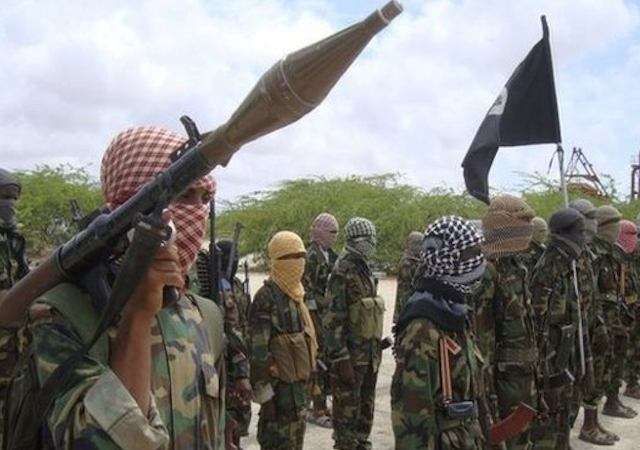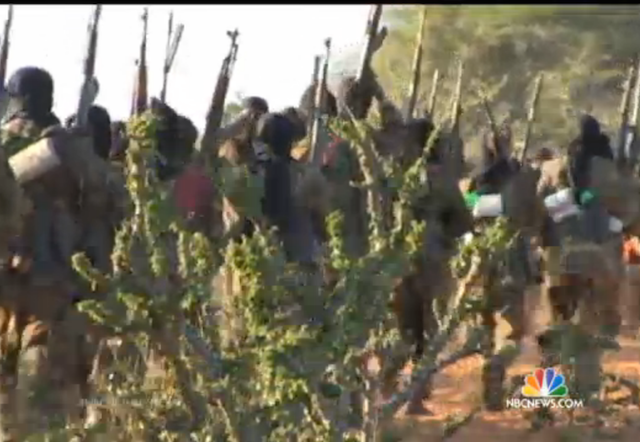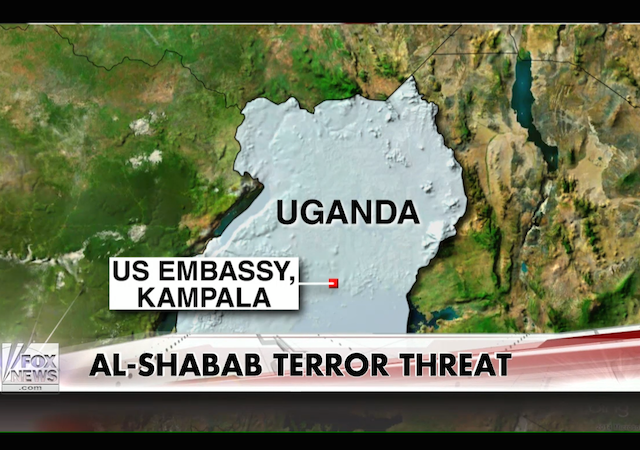Al-Shabaab intelligence head Abdishakur Tahliil was killed during
a targeted December 29 airstrike conducted by U.S. forces just outside of the Somali city of Saakow. The mission was conducted by unmanned aircraft and used Hellfire missiles to "microtarget" Tahliil's vehicle.
Bloomberg reports:
The U.S. Defense Department in a statement today confirmed that Abdishakur Tahliil was killed Dec. 29 near Somalia’s southern town of Saakow by unmanned aircraft that fired several Hellfire missiles at a vehicle carrying him. Somalia’s National Intelligence and Security Agency, which reported the killing yesterday, said two other senior officials of the group also died in the attack.
Tahliil “was responsible for al-Shabaab’s external operations,” according to the Pentagon statement. “His death will significantly impact al-Shabaab’s ability to conduct attacks against the government of the Federal Republic of Somalia, the Somali people, and U.S. allies and interests in the region.”
One of the most difficult aspects of battling groups like ISIS or al-Shabaab is that they're hard to root out once they've gone to ground; this makes Tahliil's death even more significant---and strategically beneficial.
Tahliil, as mentioned above,
handled all of al-Shabaab's "external operations." According to a report by the
BBC, Tahliil had just replaced the group's former intel officer after that man was arrested earlier this week. This strategy---causing chaos within the upper ranks---
has been used before. Military and African Union officials knew that when a U.S. drone strike took out former al-Shabaab figurehead and spiritual leader Ahmed Godane
back in September, that his death would be the catalyst of yet another internal power struggle.
Reuters adds:












